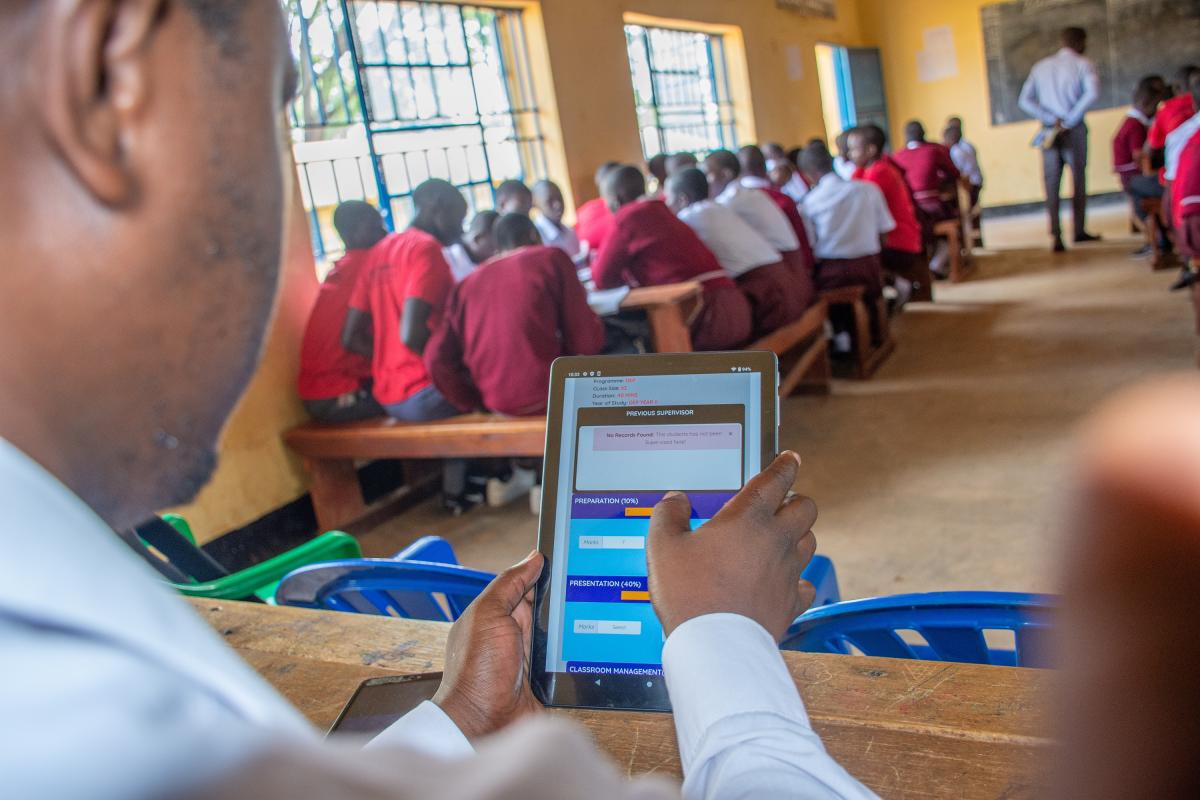In Uganda, the Academic Management System is simplifying student assessment
School
Practice is a learning process that requires prospective teachers to acquire
practical teaching experience in a classroom. The school practice process
involves students presenting and showcasing their teaching skills under the
supervision of teacher trainers. Here, they showcase instructional techniques
and receive feedback from their supervisors on lesson planning, classroom
management, student assessment and more. This is done in the final school year
of each student perusing a teaching course.
For most
teacher training Institutions, students are placed in various secondary schools
which their supervisors visit to collect data. The compiled information is
computed to produce a final mark for the students at the end of their course. The
information collected during teaching practice is usually compiled using a hard
copy form and shared with the Academic Registrar. The form has sections that
cater for student details, internal and external supervisory observations,
general comments and awarded marks from both the internal and external
supervisors.
This
assessment style is a traditional method that most institutions in the country
use to assess prospective teachers. The challenge with it is that the
supervisor is tasked with manually filling the form and submitting it to the
supervising team lead. This assessment method also involves using paper which exposes
confidential student information that might get misplaced.
In the National
Teachers Colleges (NTCs) today, the case is different. With the advancement of
technology in teaching and learning, the NTCs have digitized this form. The
form is available on the Academic Management System (AMS), a cloud-based system
designed to improve the management of academic programs and activities in learning
institutions.
Each school
practice supervisor has access to the system. The information required to
access the school practice dashboard is one’s log in details and a student
registration number. According to Patrick Tunya a lecturer at NTC Muni, the
system is user-friendly and eases the submission and access to results.
Compared to the manual assessment method, information is filled into the digitized
School Practice (SP) form and shared instantly with the concerned Officer using
the Academic Management System. To Patrick, the System has reduced the load of
papers and files carried to the field because using the system only requires an
internet connection and an electronic gadget like a smart phone, tablet or
laptop.
Kakuru
Missaki a student at NTC Muni celebrates the system for the assurance it
provided him during his final teaching practice. He said, “I am confident because
the information gathered during my sessions in the classroom was fed into a computer
and instantly shared with SP Officers and Kyambogo University”. For Missaki,
completing his course successfully was an assured deal because he was certain of
the safety of his marks.
Other
users like Feni Alone the Academic Registrar at NTC Muni said that the system
has simplified their work. He said that he no longer grades students manually.
With the digitized SP form, marks are generated automatically by the various
supervisors. He added that the college plans to include the Academic Management
System in next year’s budget because it saves time and secures students marks.
The School Practice dashboard is part of the Academic Management System which was created in 2021 to improve human resource management, ease school practice
assessments and promote e-learning in the National Teachers' Colleges.
Latest news from this project
No news

